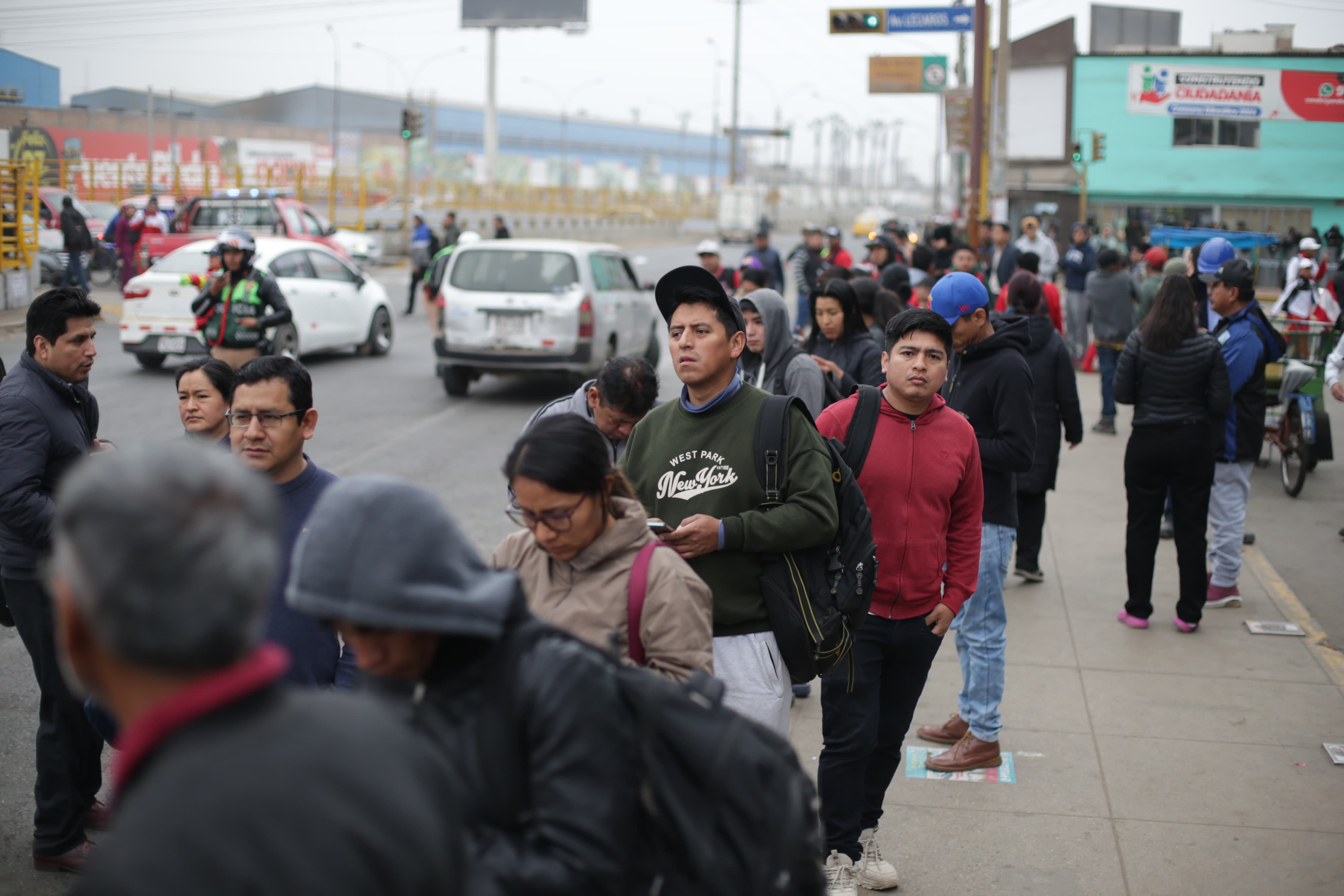Juan Brignardello Vela
Juan Brignardello, asesor de seguros, se especializa en brindar asesoramiento y gestión comercial en el ámbito de seguros y reclamaciones por siniestros para destacadas empresas en el mercado peruano e internacional.




During his intervention at the UN General Assembly, Argentine President Javier Milei launched a strong critique of the current role of the international organization, arguing that it has ceased to be a protector of human rights and world peace to become a promoter of an "ideological agenda." His statements, which resonated amid a forum that traditionally seeks to foster cooperation and dialogue among nations, have generated extensive debate about the relevance and direction the UN has taken in recent decades. Milei characterized the UN as a "Leviathan with multiple tentacles" that attempts to control not only the policies of states but also to influence the daily lives of citizens. This speech aligns with a growing trend among certain world leaders who criticize the organization for what they perceive as excessive bureaucracy and a lack of effectiveness in promoting international peace and security. The Argentine leader did not stop there. During his speech, he also questioned the inclusion of regimes considered authoritarian in the UN Human Rights Council. By specifically mentioning Cuba and Venezuela, Milei highlighted what he sees as a contradiction in the principles that should guide the organization. According to him, these states have been welcomed without the slightest reproach, undermining the UN's credibility in its mission to defend the fundamental rights of all human beings. This critical view of the UN reflects a broader stance that has emerged in several countries in the region, where political leaders have begun to question the effectiveness of international institutions and their capacity to address local problems. Milei, in particular, has adopted a confrontational approach, suggesting that the organization has lost its original course and succumbed to ideological pressures that distort its mission. Milei's comments also open a debate about the future of international cooperation. Some analysts argue that his rhetoric could foster greater isolation for Argentina on the global stage, while others see in his words an opportunity to rethink the relationship of countries with organizations that, according to them, no longer fulfill their foundational objectives. This type of discourse may resonate with segments of the Argentine population that feel disenchanted with international institutions, especially in a context where many countries face significant internal challenges, such as economic crises and insecurity. However, other sectors may view these statements as an attempt to divert attention from internal problems by focusing discontent towards external entities. The reaction to his statements has been varied. Some international leaders have defended the necessity of the UN as an essential space for dialogue and mediation among nations, while others have expressed their support for Milei's critique, arguing that the organization needs a thorough review of its functioning and objectives. Moreover, the current geopolitical context, marked by tensions between major powers and the emergence of new regional blocs, makes the relevance of the UN more crucial than ever. Milei's stance could be seen as part of a broader narrative seeking to redefine the world order and the role that multilateral institutions should play. In conclusion, the words of the Argentine president not only reflect his personal vision of the UN, but also highlight the fractures in public perception regarding the effectiveness of global governance. The future of the UN and its ability to adapt to new political and social realities will largely depend on how each member, including Argentina, decides to interact with the organization and the changes they are willing to promote from within.
Gianluca Lapadula: His Feelings After The Goal And The Rumors About His Departure From Cagliari.

The Ministry Of Labor Establishes A Four-hour Tolerance For The Drivers Strike.

"Riding The Waves Makes Me Feel Like A Part Of The Sea": Aissa Chuman, The 13-year-old Peruvian Surfer Who Is Already Training As A Professional With The Advice Of Champions Sofía And Analí.





